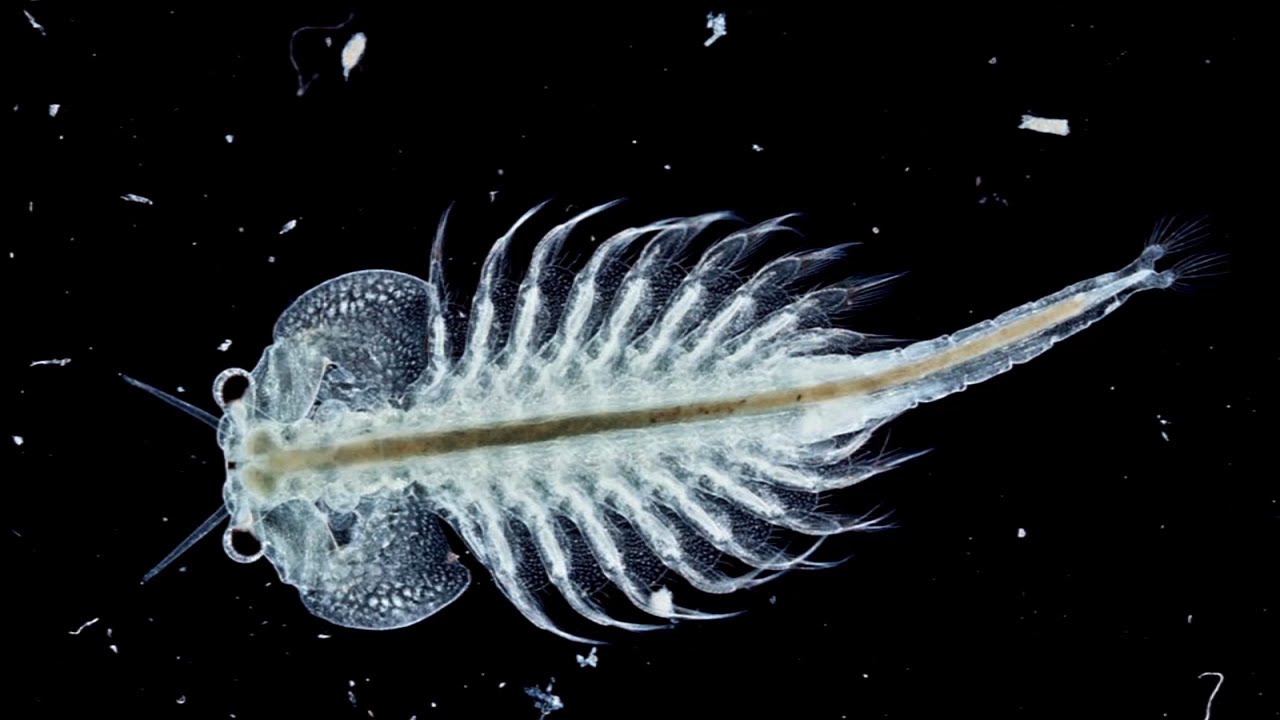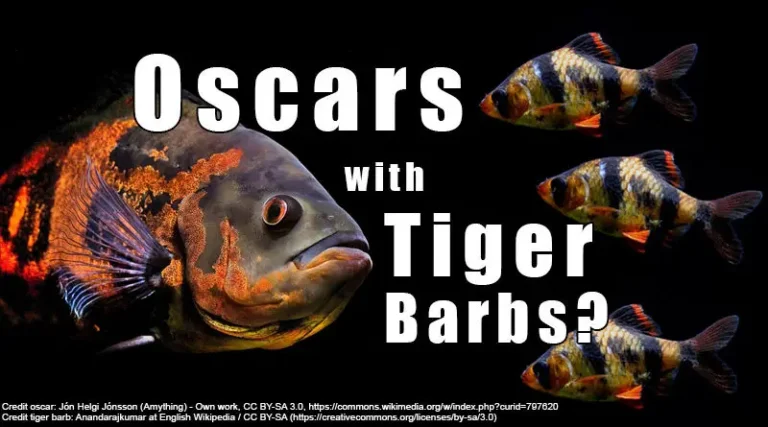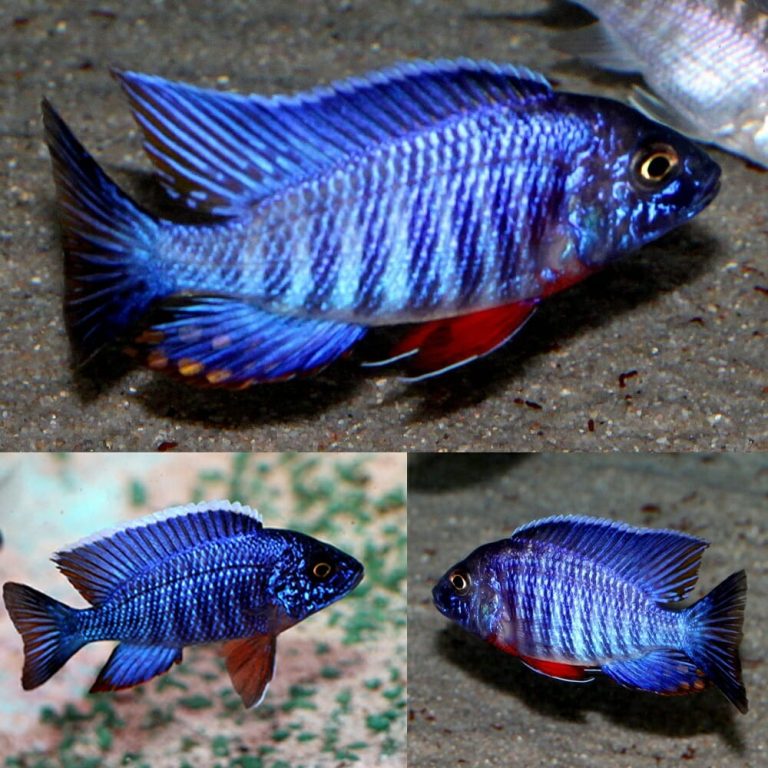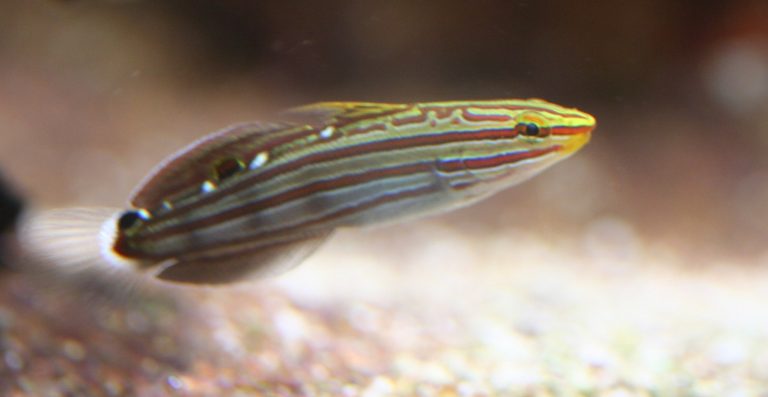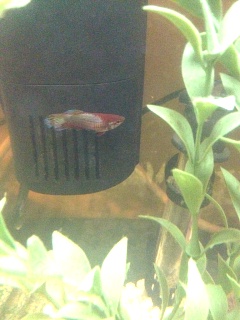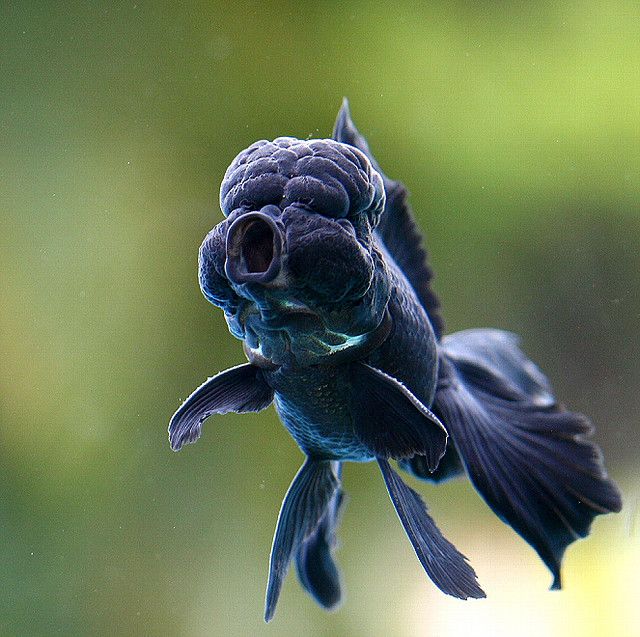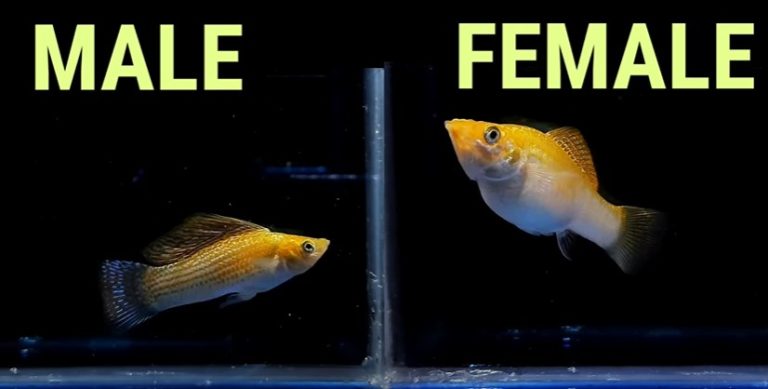Are Sea Monkeys Freshwater Or Saltwater
Are Sea Monkeys Freshwater or Saltwater?
Sea Monkeys are often sold as novelty pets for children, but many people wonder whether they should be kept in freshwater or saltwater environments. The answer may surprise you. Sea Monkeys, despite their name, are actually a type of brine shrimp which naturally live in saltwater environments. However, the Sea Monkey kits that you can buy typically come with eggs that have been specially treated to survive in freshwater. This means that Sea Monkeys can successfully live and thrive in freshwater aquariums. In this article, we will explore the world of Sea Monkeys and delve into the details of their habitat, care, and interesting characteristics.
The Habitat of Sea Monkeys
Sea Monkeys, or Artemia salina, are tiny crustaceans that belong to the genus Artemia. In the wild, they are found in saltwater lakes, salt pans, and coastal saltwater pools. These environments provide the necessary conditions for their survival, such as high salinity levels and an ample supply of plankton for food.
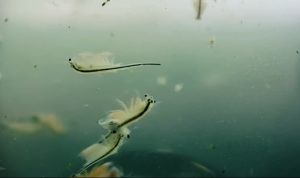
Adapting to Freshwater
Sea Monkey kits typically come with a special blend of eggs that can adapt to freshwater conditions. The manufacturer adds a mix of chemicals to the eggs, which allows them to hatch and survive in freshwater aquariums. This adaptation has made it possible for Sea Monkeys to become popular pets for people who prefer to keep freshwater aquariums.
Water Quality Requirements
Although Sea Monkeys can survive in freshwater, their well-being depends on the quality of the water. It is important to maintain clean and filtered water in their aquarium to mimic their natural habitat as closely as possible. The water should be dechlorinated, and the pH level should be within the appropriate range for their survival, generally between 7.5 and 8.5.
Caring for Sea Monkeys
Caring for Sea Monkeys is relatively easy, even for beginners. Here are some key points to keep in mind:
Setting Up the Aquarium
Choose a suitable-sized aquarium for your Sea Monkeys. A small to medium-sized tank with a capacity of 1 to 5 gallons should be sufficient. Fill the tank with dechlorinated water and add the Sea Monkey eggs according to the instructions provided with your kit. It is recommended to use a small air pump or air stone to maintain oxygen levels in the water.
Feeding
Sea Monkeys are filter feeders, meaning they consume tiny particles suspended in the water. Their diet mainly consists of phytoplankton and other microscopic organisms. You can purchase Sea Monkey food from pet stores or opt for a homemade alternative, like spirulina or powdered fish food.
Temperature and Lighting
Sea Monkeys prefer a temperature range of 70 to 80 degrees Fahrenheit (21 to 27 degrees Celsius). Place the aquarium in a warm, well-lit area away from direct sunlight to avoid temperature fluctuations and excessive algae growth.
Observing and Enjoying
One of the joys of keeping Sea Monkeys as pets is watching them grow and develop. These tiny creatures go through various stages, from hatching as nauplii to becoming fully grown adults. You can observe their fascinating life cycle through the clear walls of their aquarium.
Frequently Asked Questions
1: Can Sea Monkeys survive in a saltwater aquarium?
While it is technically possible for Sea Monkeys to survive in a saltwater aquarium, the eggs included in most Sea Monkey kits have been treated to adapt to freshwater conditions. It is therefore recommended to keep them in a freshwater environment.
2: How long do Sea Monkeys live?
The lifespan of Sea Monkeys can vary depending on their care and environment. On average, they live for about three to five months, but with proper care, they can sometimes live up to a year.
3: Can Sea Monkeys be kept with other fish or invertebrates?
Sea Monkeys are generally peaceful creatures and can be kept with other non-aggressive fish species. However, it is important to provide enough food and space for all the inhabitants of the aquarium.
4: Can Sea Monkeys reproduce in freshwater?
Sea Monkeys can reproduce in freshwater conditions. The adult females produce tiny eggs called cysts, which can hatch into nauplii when conditions are favorable.
Final Thoughts
Sea Monkeys may be small, but they offer a unique and captivating experience for aquarium enthusiasts, hobbyists, and curious minds alike. These little creatures have certainly earned their place as popular pets, and their ability to adapt to freshwater environments makes them accessible to a wider range of pet owners. By understanding their natural habitat and providing the necessary care, you can enjoy the fascinating world of Sea Monkeys right at home. So, why not embark on an underwater adventure and bring the captivating world of Sea Monkeys into your life?
